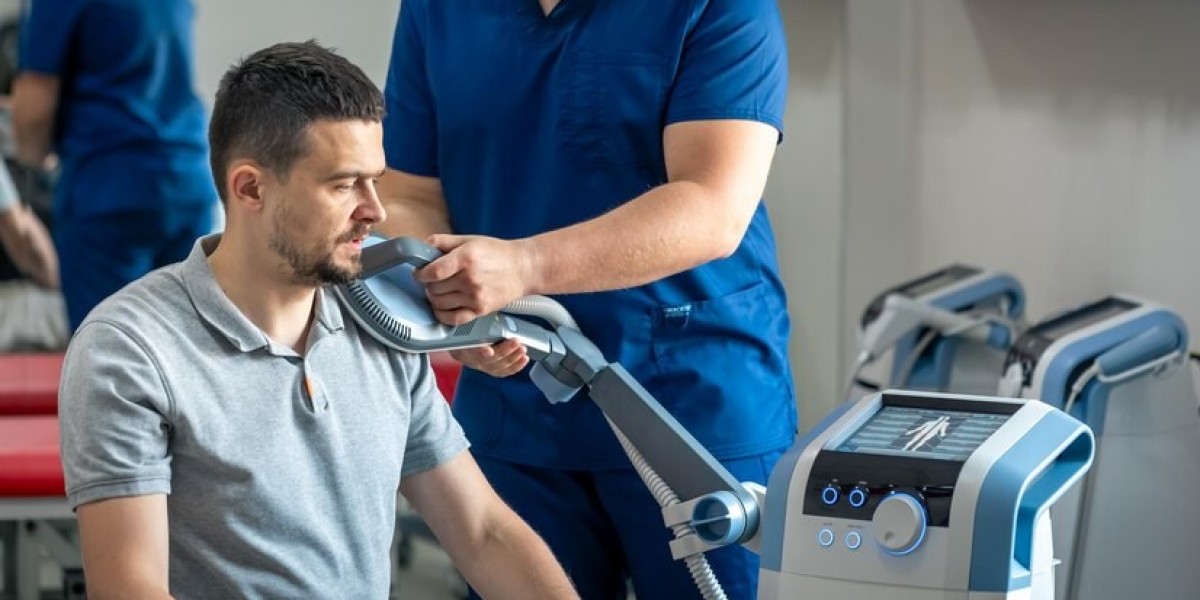Outpatient surgeries are on the rise, praised for their convenience, quicker recovery times, and cost savings compared to inpatient procedures. But despite skipping overnight stays, these procedures often come with surprising bills. Why do costs vary so much? What are you paying for?
In this article, we’ll break down the real components of outpatient surgery charges. From surgeon’s fees to facility expenses, you'll gain a clear picture of how pricing works. For those looking to better understand Outpatient Surgery Costs, this guide provides the essentials in simple terms.
What Makes Up the Total Cost?
Outpatient surgery bills consist of multiple parts. While you may only see a single total, it often includes:
Surgeon’s Fee – This covers the cost of the procedure performed by your primary surgeon.
Anesthesia Fee – If general or local anesthesia is used, expect a separate charge for the anesthesiologist’s services.
Facility Fee – This can be the biggest surprise. It's what the surgical center or hospital charges for the use of their space, equipment, and staff.
Each of these costs can vary based on location, provider, and even the time of day. A simple procedure at one facility could cost thousands more at another just down the road.
Hidden Costs You Should Know About
Besides the obvious charges, some fees are not disclosed upfront:
Preoperative Testing – Blood work, EKGs, and imaging tests before surgery may not be included in the quoted price.
Postoperative Care – Follow-up visits or potential complications may result in additional costs.
Disposable Supplies – Items like surgical gowns, gloves, and instruments are often billed separately.
Always request a full breakdown before agreeing to a procedure. Ask whether all services are included or if you’ll receive multiple bills from different providers.
Understanding Facility Fees for Outpatient Surgery
The facility fees for outpatient surgery can be one of the largest cost contributors. Hospitals tend to charge higher facility fees than standalone surgical centers. These fees help cover overhead costs such as staffing, equipment, maintenance, and administrative support.
In many cases, the same surgery performed in a hospital could be 20-50% more expensive than in a private clinic, solely because of the facility charge. Patients often don’t realize that they’re not just paying for the medical procedure, but also for the physical space and resources used during surgery.
How to Save Money on Your Outpatient Surgery
Here are a few smart tips to reduce your surgery costs:
Compare Facilities – Get quotes from different hospitals and surgery centers.
Ask for a Cash Discount – Many providers offer lower prices for patients paying upfront without insurance.
Review Insurance Coverage – Confirm that your provider and facility are in-network.
Request Itemized Estimates – Ask for a detailed cost breakdown before surgery day.
Being proactive can save you hundreds, even thousands, of dollars.
Conclusion: Don’t Get Caught Off Guard
Outpatient surgery may seem straightforward, but the billing process is anything but. With costs split among surgeons, anesthesiologists, and facility providers, it’s easy to feel confused or overwhelmed. Understanding what you’re paying for—and why—can empower you to make smarter healthcare decisions.








